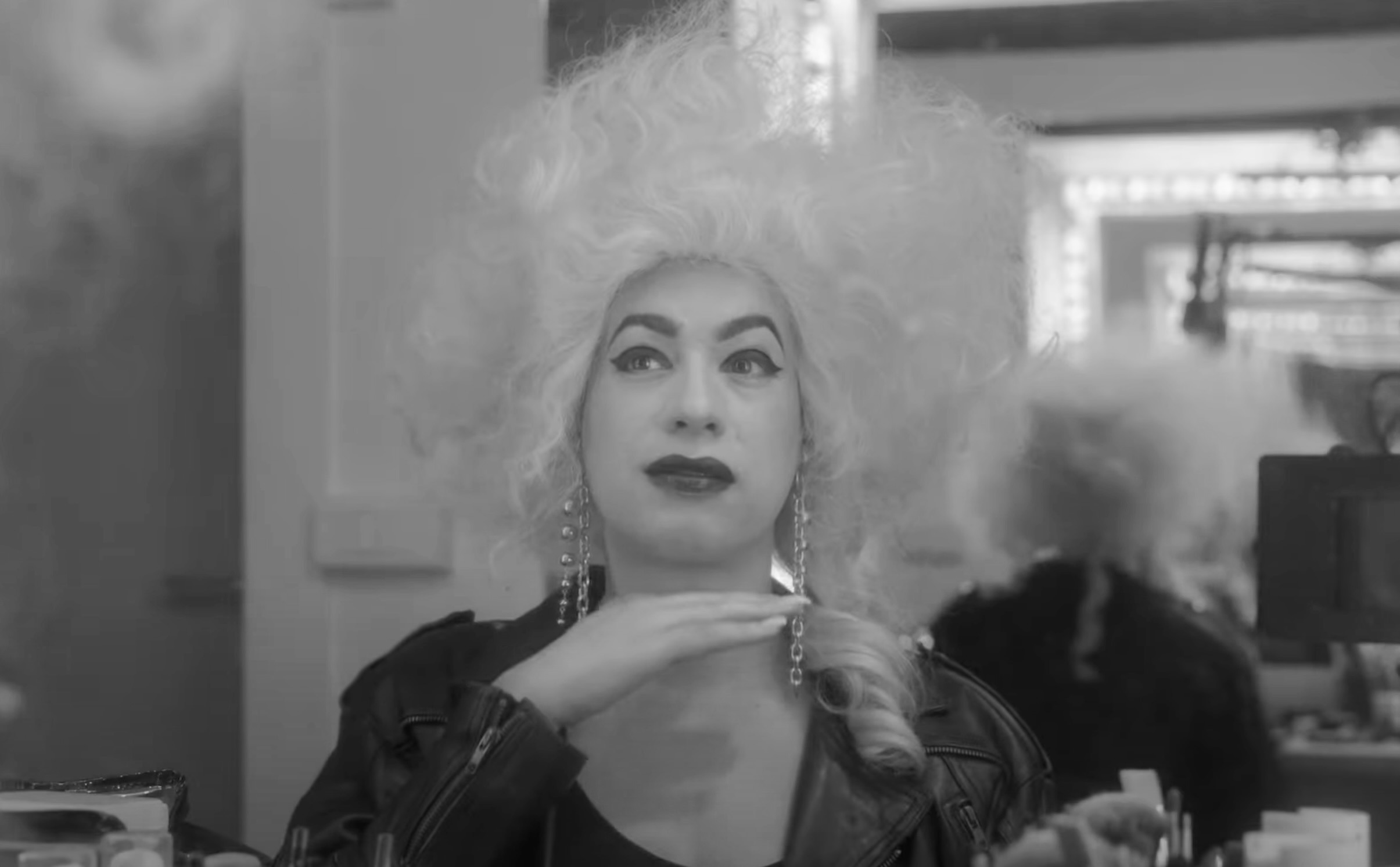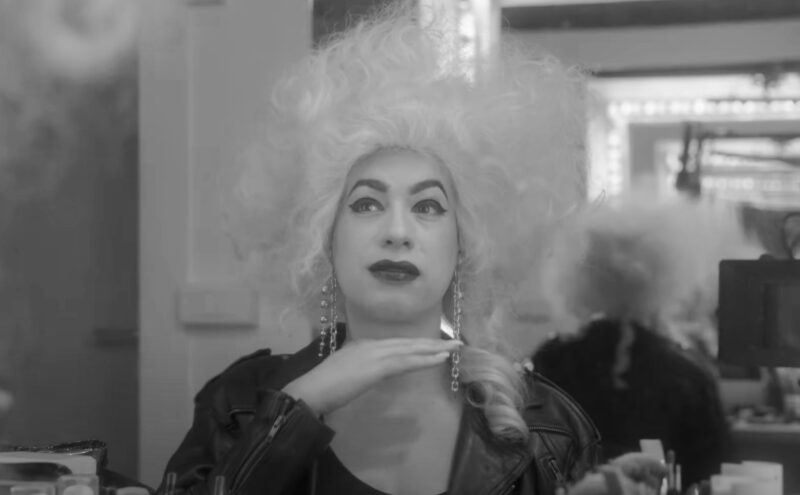Princess Cinema screens trans documentary

On Feb. 26, I attended a showing of Paul B. Preciado’s film, Orlando: My Political Biography at the Princess Cinema. The viewing was hosted by the Laurier Wellbeing in Film Forum (LWIFF) in partnership with SPECTRUM Waterloo.

Preciado’s film is based on Virginia Woolf’s 1928 novel, “Orlando: A Biography,” which covers the life of Orlando, a poet who lives for almost 400 years during which he goes to sleep as a man and wakes up as a woman.
Woolf’s book, and the title character of Orlando, is heavily inspired by Vita Sackville-West, an aristocrat that Woolf was in a secret lesbian relationship with. In the film, Preciado uses Orlando, as well as his own experiences as a transgender man, to explore the trans experience.
Before the viewing, the audience heard from Laurier professor and event organizer Ketan Shankardass, SPECTRUM Waterloo board of directors member Brooklin Wallis, and Charlie Davis, a PhD student in communication psychology at Laurier.
Davis discussed his PhD dissertation on the history of trans advocacy in Canada and had some enlightening findings to share. He began by explaining that transgender people in Canada never had ownership of the concept of “transness” – instead researchers controlled the idea when it began to emerge.
He also noted the difficulty of accessing trans healthcare in Canada. Treatments were withheld from those deemed “not trans enough.”
“At no point in our recent history have trans people ever been in control over who is trans, what is trans, and the consequences of being trans,” said Davis on the history of being trans in Canada and beyond.
This led into an interesting explanation of previous divisions within the trans community. Prior to the 1990s, the trans community as we know it today was split into several groups with large divides between them. These groups disagreed over how to define transness and the rigidity of the gender binary.
Once a unified trans community began to form, looser views of gender emerged, such as non-binary and genderqueer. The film explores non-binary and genderqueer identities, and Davis describes the film’s exploration as trans people “reclaiming the definitions of gender from the hands of experts.”
The film itself features 26 contemporary trans and non-binary actors, as young as eight and as old as 70. At its core, the film is a retelling of Orlando’s story, frequently switching out actors as Orlando’s gender identity morphs.
Preciado blends his own trans story with Orlando’s, as well as the stories of the actors within the film, demonstrating that trans people have always existed and, as one viewer put it, the “multiplicity of transness.”
Within the film are powerful tales of the trans community and the bureaucracy that tries to constrain them. As many transition and feel comfortable with their transition, they struggle to be legally recognized for who they truly are.
When asked what freedom looks like for trans people after seeing the film, answers included feeling safe, having autonomy, and being at peace. After attending this event, I left the theatre feeling hopeful for a bright future for the trans community.


